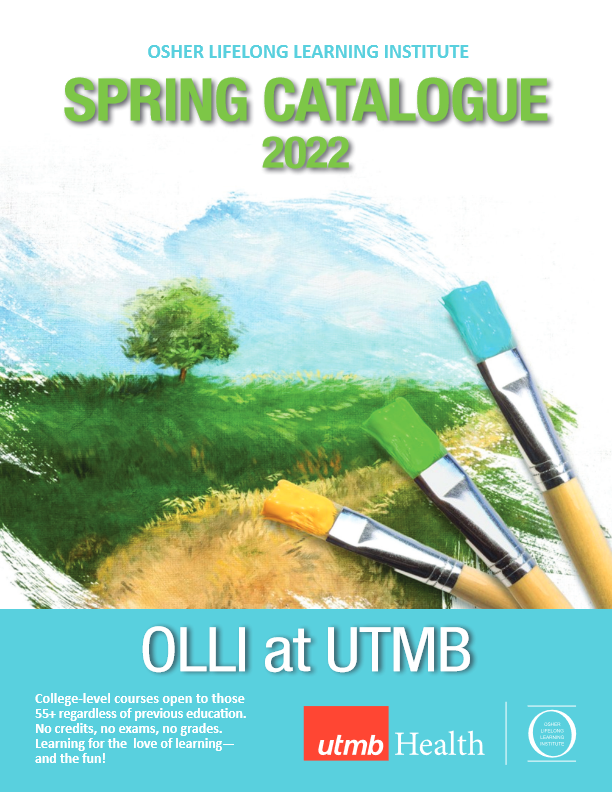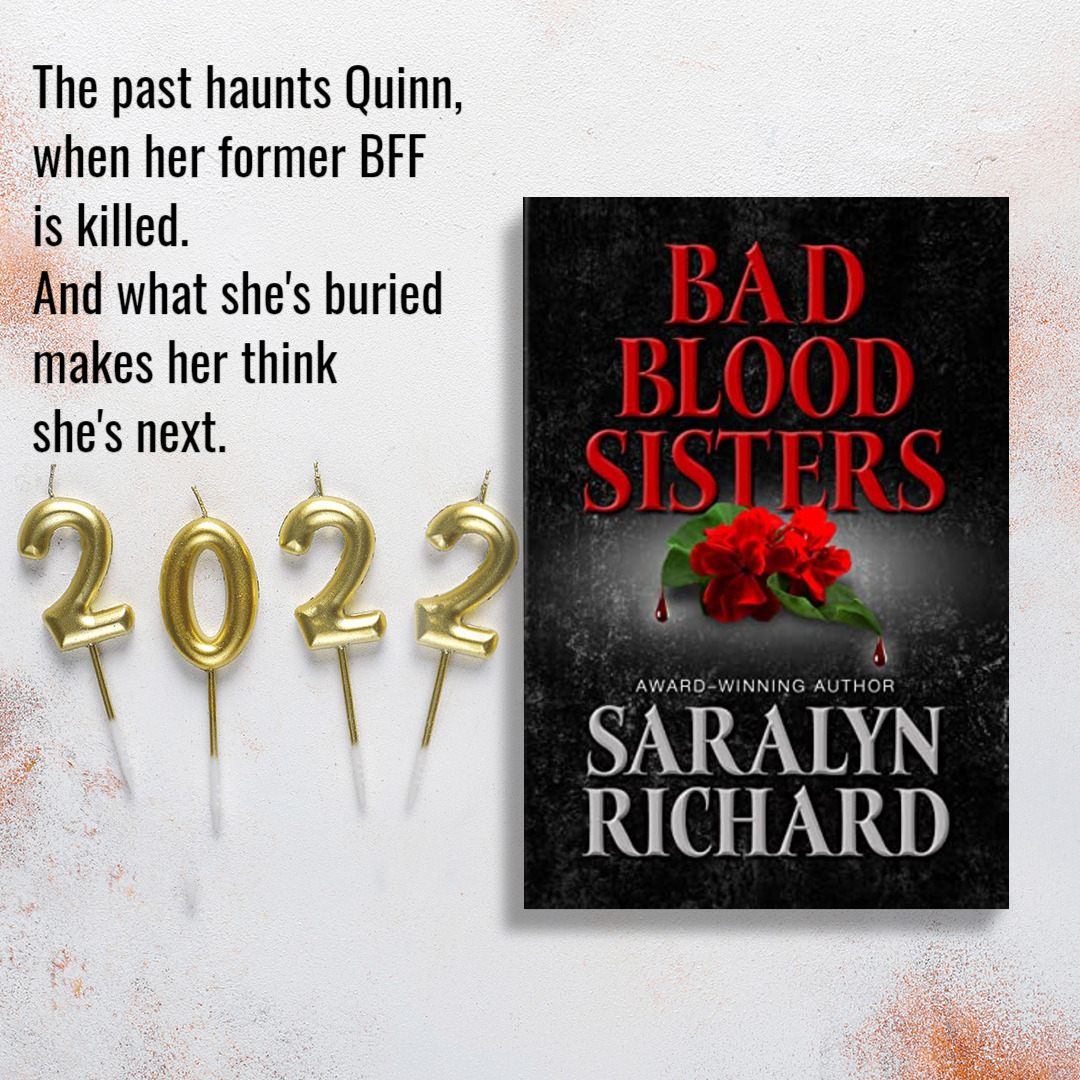Untitled Post
Literary Tapas and Readers
By Saralyn Richard
There are 124 Osher Lifelong Learning Institutes (OLLI) in the U.S., where learners aged
fifty-five and older can experience higher education without grading or course
credits. One of the classes I’ve taught at the local OLLI is entitled, Literary
Tapas. I began teaching this literature class more than ten years ago, and it’s
been a highlight of my life every single semester.
As the course title suggests, we read small pieces of
literature and digest them using Socratic questioning. Over the years, the
course rosters have changed, but there is a core group of loyal learners who
have been with me for a long time, almost like family. Being over fifty-five and living in the
local area are the only two demographics we all have in common. The class is so
diverse in gender, nationality, religion, sexual orientation, first language
spoken, profession, economic class, hobbies—we are a veritable melting pot of
society.
That makes for extremely interesting class discussions. In
fact, one of the learners calls the class “group therapy with literature.” The
stories, poems, essays, short plays, first chapters of books, quotations, and
song lyrics that we read are simply the diving boards that catapult us into
deep discussions about our life experiences. Our own personal stories are at
least as compelling as the ones we read. Sometimes we have guest authors
attend class when we are discussing their works. Often, we have visiting doctors
from the local medical branch with whom our OLLI is affiliated. Anyone who
visits must follow our cardinal rule of active participation in the discussion.
As the leader, I’m not allowed to answer any questions. All
I can do is ask open-ended, thought-provoking questions to lead the discussion
into the realm of higher-level thinking. There are no wrong answers, and
through divergent ideas and opinions we all learn a lot about the literature,
about the world depicted therein, and about ourselves.
As an author, I’m fascinated by the discussions we have in
class. I could write a whole book on what I’ve learned from my fellow learners,
but here are a few highlights:
- ·
While it may be useful to analyze the author’s
intent in writing, what’s more important is the reader’s response. What the
reader extracts from a piece of writing is the true measure of its worth. - ·
Different readers bring different eyes to bear
on the piece of writing. No one reader sees it the “right” way or the “wrong”
way. All ways are good. - ·
A reader’s positive evaluation of a piece of
writing is often subjective and may depend on variables such as how many times the
reader has seen the selection, what mood he is in that day, how much time he
has to interact with it, what others in the group think of it, or even how
legible the copy is. None of these things are in the control of the author. - ·
Some of the best discussions come from pieces of
literature that no one in the group particularly enjoys.
These things show me, as an author, that once I’ve told my
story in the best way that I can, and the story has left my hands and been sent
out into the world, it belongs to the readers. They can consume it, lap it up,
chew on it, swallow it, or spit it out, as they see fit. They can analyze and
interpret to their hearts’ content, and they can provide feedback through
reader reviews. Whatever they do with it, it is theirs. At that point, I’m just
a person whose name is on the cover of the book.
Like the teacher at OLLI, my job is not to answer questions,
but to ask them. But as an author, I’m
also that person who stands behind the curtain, holding her readers in her
heart and mind, wishing them a delightful and meaningful reading experience. If
you are one of my readers, you are the star of the show!
Saralyn
Richard’s award-winning humor- and romance-tinged mysteries and children’s book
pull back the curtain on people in settings as diverse as elite country manor
houses and disadvantaged urban high schools. Saralyn’s newest release Bad Blood Sisters is available for pre-order now. A
member of International Thriller Writers and Mystery Writers of America,
Saralyn teaches creative writing and literature at the Osher Lifelong Learning
Institute, and continues to write mysteries. Her favorite thing about being an
author is interacting with readers like you. Visit
Saralyn here, on her
Amazon page here, or on Facebook here.



